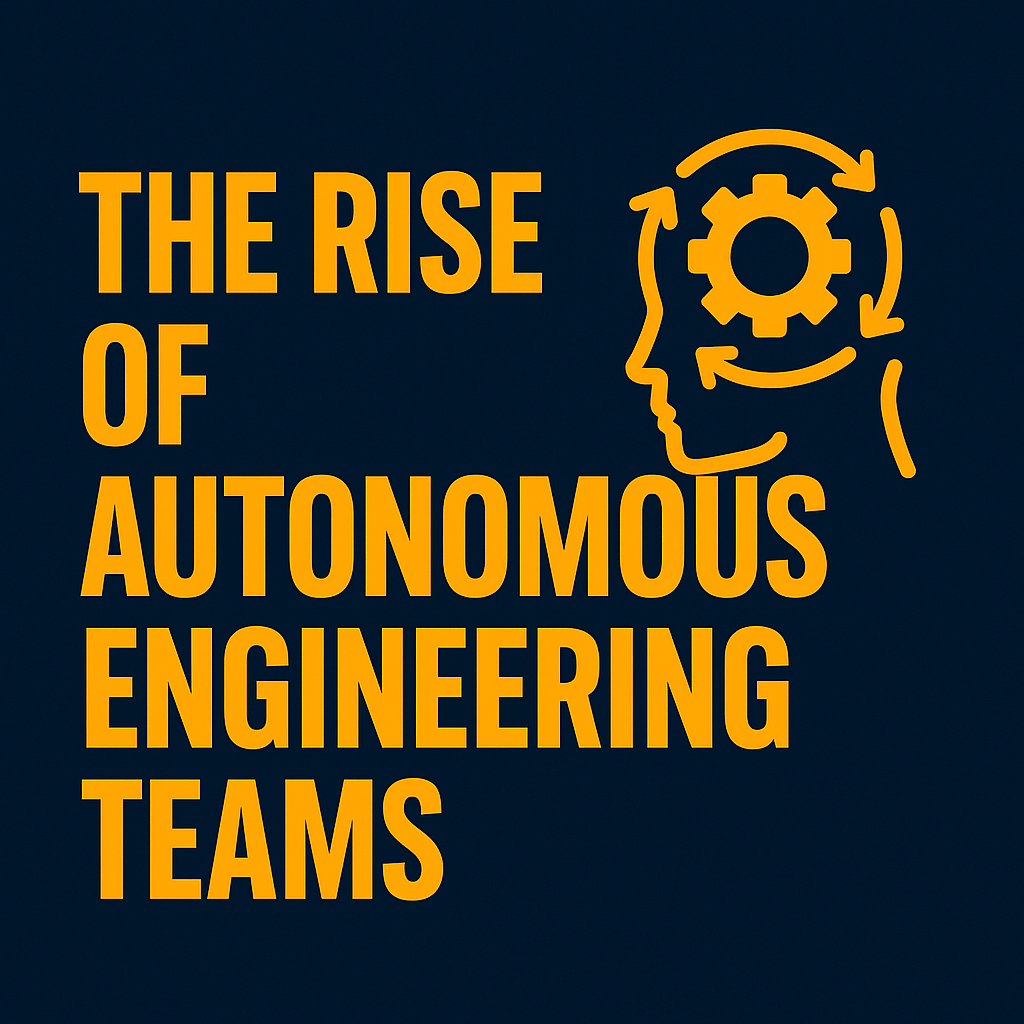Defining Autonomous Teams in the New AI-Driven Workplace
Autonomous engineering teams are reshaping the future of work. But what exactly defines an autonomous team in today’s AI-driven environment, and how do they differ from Agile and DevOps models?
What is an Autonomous Team?
An autonomous team is a self-managing group of engineers empowered to make decisions independently, aligned with overall organizational goals. Unlike traditional Agile teams that often rely on external direction, autonomous teams own their roadmaps, prioritization, and execution, fostering faster decision-making and innovation.






